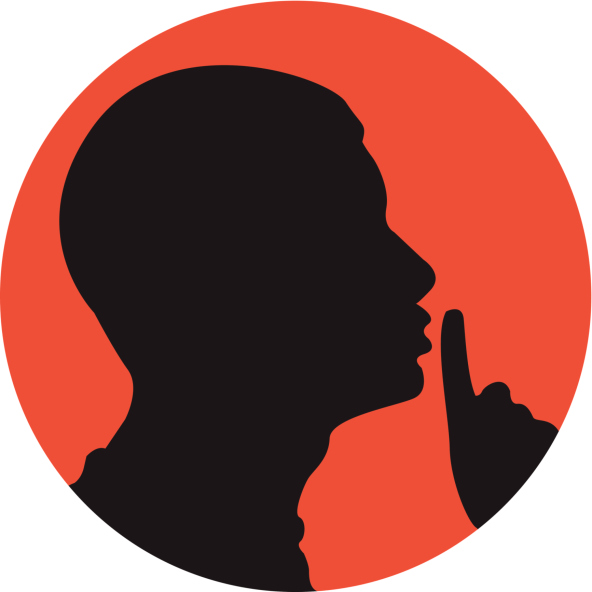 Simon and Garfunkel got it right – almost 50 years ago.
Simon and Garfunkel got it right – almost 50 years ago.
Extolling the virtue of quiet, their song foreshadows what the media calls “the ultimate luxury.”
Hospitality chains now promote tranquil Zen-like retreats.
Amtrak’s Quiet Car has an almost cult-like status – and, we suspect, a long waiting list.
Hotels are installing double layers of drywall, triple-pane glass windows, extra carpet padding, and programmed TVs that won’t exceed a certain volume, all to stave off the number-one complaint of guests worldwide: Noise.
Even somewhat-unlikely product manufacturers talk about the quietest dishwasher, the ultra-silent vacuum cleaner, the noise-cancelling headphones.
And who can blame them? Forget the individual who’s always on the speakerphone – or the constant beeps of incoming e-messages. Noise (from the Latin word for pain) has been linked to elevated levels of stress hormones, high blood pressure, sleep loss, heart disease, and tinnitus (a/k/a ringing in the ears).
Phew: Enough to drive a non-curmudgeon to the Fijis.
In part, we in the marketing and communications biz are to blame. Believe it or not, the 24/7 nature of what we do can be stopped. Why not a one-day moratorium on all voicemails and emails, presentations and unnecessary meetings? A quiet zone where we can, literally, hear ourselves think? Or, simply, a silent period of X time where we can focus on what matters
This conscious quiet has its roots in science: Two hours of silence daily helped mice form hippocampus cells, the brain part concerned with memory. And its philosophical foundation goes way back: Nineteenth century seer Arthur Schopenhauer noted, “Noise is the most impertinent of all forms of interruption. It is not only an interruption, but also a disruption of thought.”
“Sshh” never sounded as sweet.
